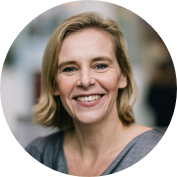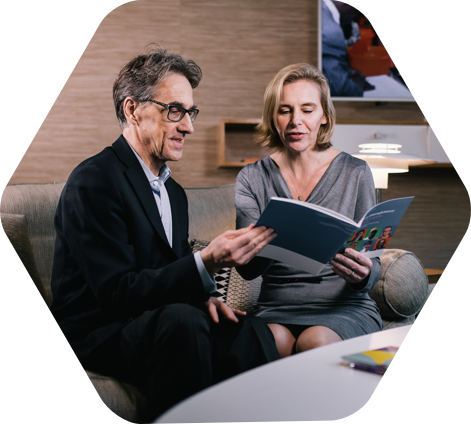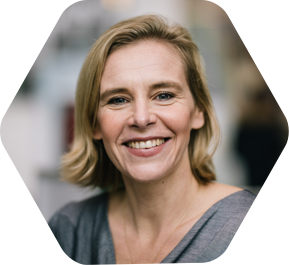Johannes Waltz:
Hi Wendy, we’ve just launched our partnership with the NALA Foundation and the Ethiopian Ministry of Health.
8:05 PM
Wendy Harrison:
Hi Johannes, that’s great! That will definitely build a much better understanding of schistosomiasis in Ethiopia. I’ve just got back from Malawi, where we were meeting with the Ministry of Health to discuss optimizing our program support. Take a look…
8:06 PM
Wendy Harrison sends a picture.
Johannes Waltz:
I think these projects will help us tell if our redoubled education and awareness efforts are really containing the spread of the disease. Hopefully, we can use the lesson learned to prevent schistosomiasis in other countries.
8:08 PM
Wendy Harrison:
That would be great and will definitely take us several steps closer to our aim of ultimately eliminating the disease.
8:09 PM
Johannes Waltz:
So true! Important for this is logistics: Ensuring that the donated medicine is actually distributed and taken is still a real challenge. We want the 250 million tablets to reach the children and other at high risk.
8:09 PM
Wendy Harrison:
Indeed, we really shouldn’t underestimate the practical difficulties of distributing medicines in remote regions of Africa! This is particularly true in the last mile, i.e. getting the tablets into the small villages where they’re needed.
8:09 PM
Johannes Waltz:
We’ve still got a lot of work to do to improve our pharmaceutical supply chain. Check out what my colleague Christian Schröter has initiated: www.ted.com/talks
8:09 PM
Johannes Waltz sends a video.
Johannes Waltz:
What challenges are you still seeing at the local level?
8:09 PM
Wendy Harrison:
There are quite a few more! For instance, people are initially often quite skeptical about these bitter tasting tablets…
8:10 PM
Johannes Waltz:
Yeah, I can imagine. We’re already working on a new formulation with neutral taste. Hopefully we’re not far off. We as a company are constantly pondering the best way to curb the disease’s spread. And despite the challenges, our tablets are of course the first crucial step.
8:10 PM
Wendy Harrison:
Yes, it would be impossible to eliminate the disease without drug therapy. However, we clearly have to take a multi-faceted approach to preventing schistosomiasis since untreated patients can further spread the disease.
8:11 PM
Johannes Waltz:
Absolutely. And what’s more, children under the age of six still can’t be treated using praziquantel. This is something we’re committed to changing and have been researching for some time. The Phase II study is currently underway, see CR Report of Merck KGaA, Darmstadt, Germany on Infectious diseases.
8:11 PM
Wendy Harrison:
It’s just as important to prevent a disease through healthy behavior, which is why we’re also training our people on the ground to educate others about schistosomiasis. This doesn’t require much medical knowledge at all. In Côte d'Ivoire, for instance, we spent time with a father who related the story of his family’s suffering.
8:12 PM
Wendy Harrison sends a video.
Johannes Waltz:
Education is crucial! Take for instance the comic booklets that are distributed across various countries. In easy to understand language, these show children how schistosomiasis is transmitted and how they can protect themselves against the disease.
8:12 PM
Wendy Harrison:
That is really helpful and shows just how diverse the initiatives can be! Access to sanitation and hygiene also plays a central role.
8:12 PM
Johannes Waltz:
That’s why we’re now collaborating with the NALA Foundation and the Ethiopian Ministry of Health. They’re very experienced with hygiene, water and sanitation.
8:13 PM
Wendy Harrison:
As a large company, we very much appreciate the influence you have to bring about real improvements. Both within the GSA bringing together implementing partners from different disciplines, but also by partnering with WHO and national governments. As a partnership we can achieve a great deal!
8:13 PM
Johannes Waltz:
That’s right. A range of different stakeholders can make a difference here, including other private enterprises. I hope that we can team up with even more partners active in this field. Within the GSA, this issue is definitely at the top of our agenda.
8:13 PM
Wendy Harrison:
Well, keep me up to date on your progress!
8:14 PM
Johannes Waltz:
Will do! Until then, good luck with your work!
8:14 PM
Wendy Harrison:
Thanks, talk to you soon!
8:15 PM

Wendy Harrison
Born in:
Dorking, United Kingdom
Joined the SCI in:
2009
Education:
Bachelor of Veterinary Medicine, Royal Veterinary College, University of London, PhD in Clinical Pharmacology, University of London, Masters in Public Health, London School of Hygiene and Tropical Medicine
Focus areas:
- Multi-disciplinary approaches to public health
- Partnerships with public bodies

Johannes Waltz
Born in:
Vienna, Austria
Joined the company in:
2015
Education:
PhD in Law, Universities of Vienna and Salzburg
Focus areas:
- Partnerships to fight the neglected tropical disease schistosomiasis
- Challenges in implementing tablet donations




